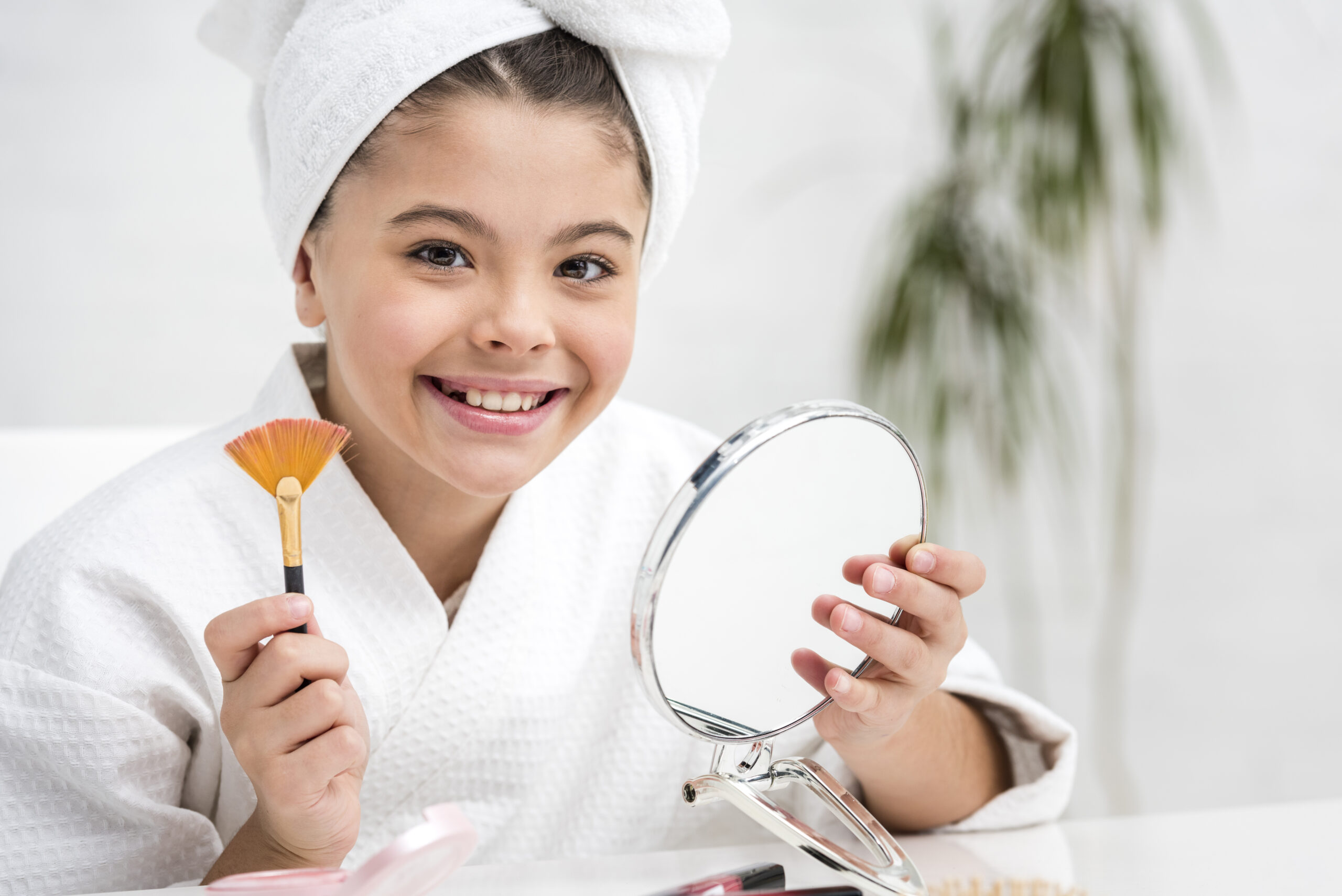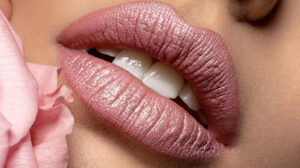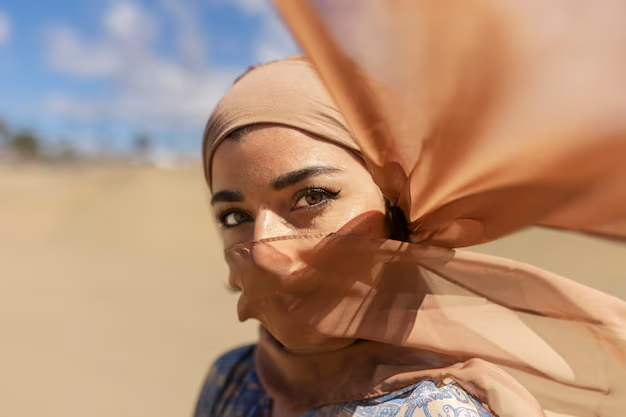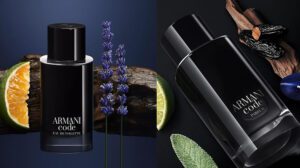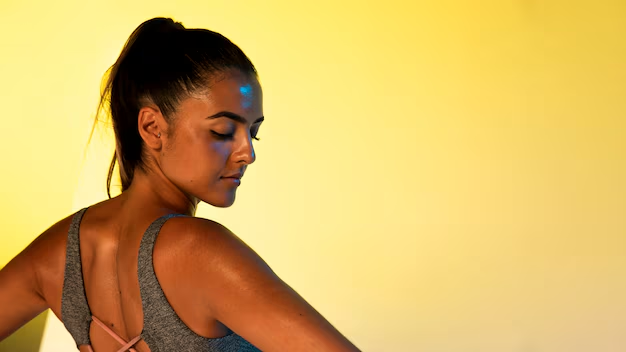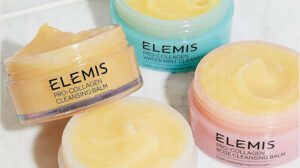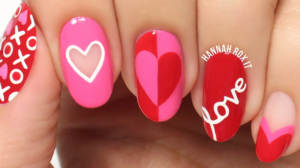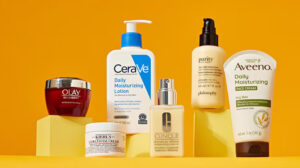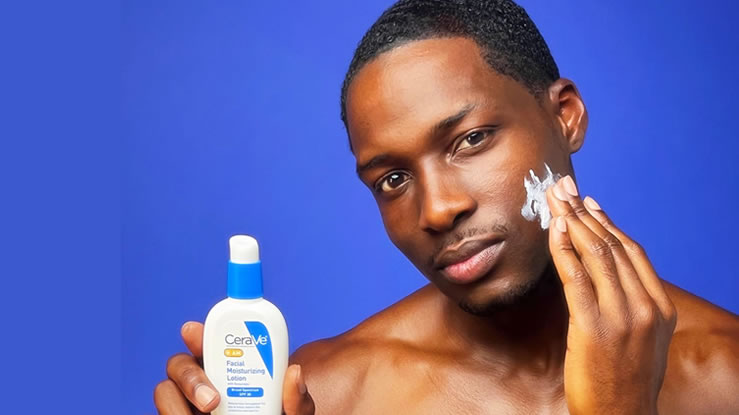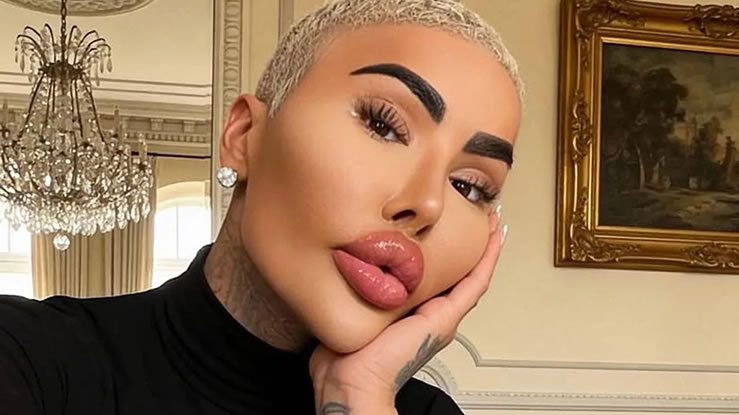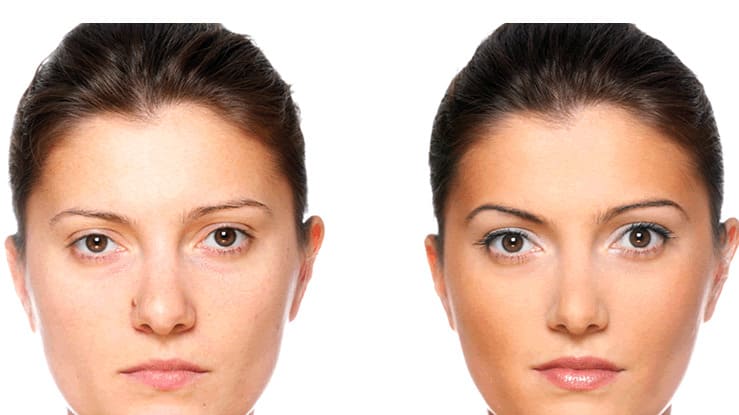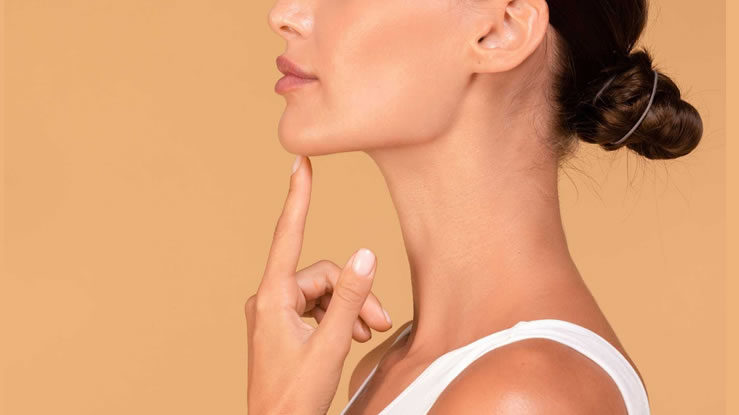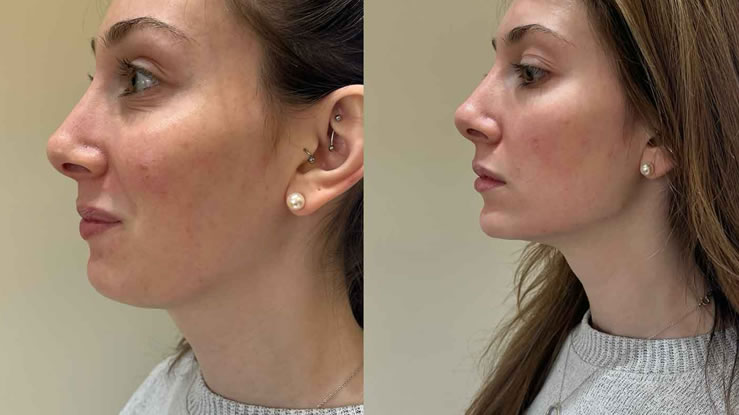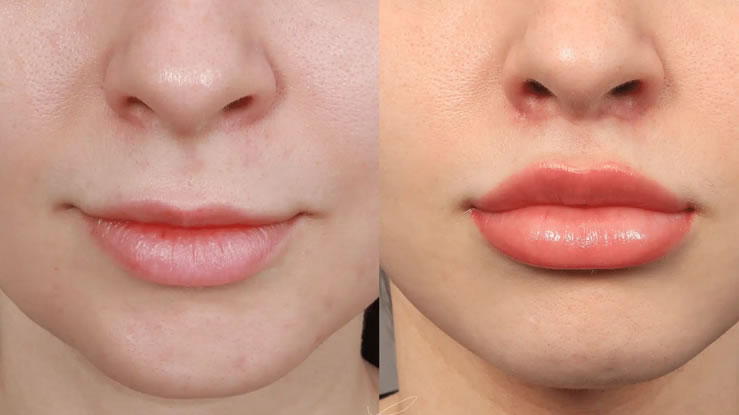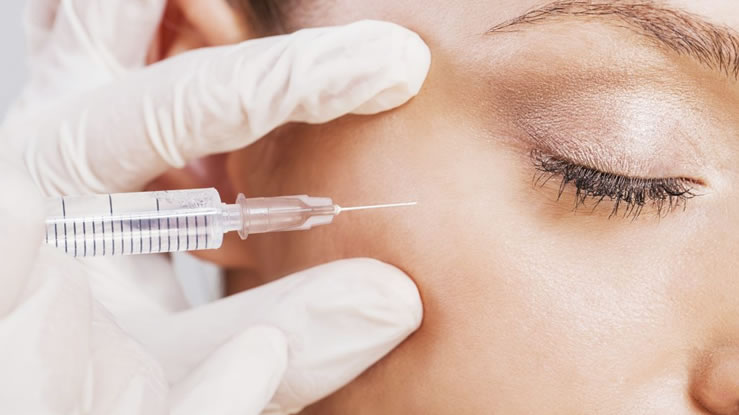Kids are increasingly exposed to skincare through social media, influencers, and peer trends often asking for serums, exfoliants, or anti-aging creams well before their skin matures. But is skincare actually safe for children? The short answer: it can be, but only when approached with care, age‑appropriate products, and expert guidance. Children’s skin is biologically different from adult skin: it’s thinner, more permeable, and more sensitive, making it more vulnerable to irritation, allergic reactions, and long-term damage. Dermatologists strongly recommend a minimal and gentle routine for kids not a full “10-step Korean glow-up.” According to the American Academy of Dermatology, a simple regimen of a mild cleanser, a gentle moisturizer, and a broad-spectrum sunscreen (SPF 30 or higher) is sufficient for most tween and teen skin. American Academy of Dermatology
That doesn’t mean all skincare for kids is safe, though. Some products contain harsh or unnecessary “active” ingredients like retinol, strong acids (AHAs/BHAs), peptides, or botanical extracts that can irritate or damage young skin. American Academy of Dermatology+2The Independent+2 Studies and expert opinions show that such ingredients should generally be avoided unless a pediatric dermatologist prescribes them. CHOC – Children’s Health Hub In addition, certain ingredients like phthalates and synthetic fragrances are under scrutiny: a recent study found that children using personal-care products like lotions and soaps had higher levels of hormone-disrupting phthalates. The Guardian
1. Why Children’s Skin Is Different And More Sensitive
-
Thin and Developing Barrier: Kids’ skin is not fully matured. The skin barrier (the outermost protective layer) is thinner and less robust, making it more prone to damage from strong ingredients. American Academy of Dermatology+2Dermatocare+2
-
Greater Absorption: Because of this thinner barrier, potentially harmful compounds penetrate more easily, increasing risk. The Independent
-
Higher Risk of Irritation: Ingredients that are tolerated by adults strong acids, retinoids, heavy fragrances may provoke redness, peeling, or allergy in kids. Dermatocare+1
-
Long-Term Exposure Concerns: Frequent use of fragranced or hormone-disruptive ingredients (like phthalates) from a young age may pose health risks over time. The Guardian
2. What Do Dermatologists Recommend for Kids?
Dermatologists and pediatric skin experts generally advocate for a simple, age-appropriate skincare routine for children:
-
Use a gentle, non-abrasive cleanser — ideally pH-balanced, fragrance-free, and formulated for sensitive skin. American Academy of Dermatology+1
-
Apply a light, non-comedogenic moisturizer — especially if skin is dry. American Academy of Dermatology
-
Use broad-spectrum sunscreen (SPF 30+) daily, especially when outdoors. UCLA Health+1
-
Avoid “active” anti-aging or cosmetic actives (retinol, alpha-/beta-hydroxy acids, peptides) unless prescribed by a dermatologist. American Academy of Dermatology+2The Independent+2
-
Introduce new products slowly, one at a time, to monitor for reactions. UCLA Health
Pediatric dermatologists from UCLA emphasize keeping it minimal: cleanser once or twice daily, sunscreen in the morning, and a moisturizer at night no harsh scrubs or chemical peels. UCLA Health
3. Common Skincare Mistakes Parents Make with Kids
Here are several mistakes parents often make when managing or setting up a skincare routine for children:
-
Using Adult Products on Kids
Adult skincare often contains active ingredients and strong formulas not suited for a child’s delicate skin. The Times of India+1 -
Over‑Bathing or Using Hot Water
Bathing too frequently or with very hot water can strip natural oils and damage the skin barrier. The Times of India -
Neglecting Sunscreen
Some parents underestimate sun damage in children. Dermatologists stress daily sunscreen use, especially outdoors. www.ndtv.com -
Picking Products with Strong Fragrance
Fragrances are one of the top causes of allergic reactions and irritation in kids. The Times of India+1 -
Over–Using Skincare Products
Using too many products, especially those with “active” ingredients, can harm the developing skin barrier. Hindustan Times
4. Ingredients to Avoid in Kids’ Skincare
Dermatologists advise parents to be cautious about certain ingredients when choosing skincare products for children:
-
Retinol / Retinoids: Too harsh, likely to irritate, and not usually needed. CHOC – Children’s Health Hub+1
-
Alpha‑Hydroxy Acids (AHAs) / Beta‑Hydroxy Acids (BHAs): Strong exfoliating acids can damage the skin barrier. The Independent+1
-
Peptides / Anti-Aging Serums: Not necessary for young skin and may be irritating. The Independent
-
Saturated Fragrances / Phthalates: Potential allergens and endocrine disruptors. The Independent+1
-
Essential Oils: Natural but can also lead to irritation or dermatitis in sensitive child skin. The Independent
-
Strong Preservatives or Dyes: Some may release formaldehyde or cause allergic reactions. Dermatocare
5. How to Build a Safe Skincare Routine for Kids
Here’s a dermatologist-recommended basic skincare routine for children, depending on their age and needs:
Daily Routine for Young Children / Tweens
-
Morning
-
Cleanse with a gentle face wash or micellar water
-
Apply broad-spectrum sunscreen (SPF 30+) before going outside
-
-
Evening
-
Use a simple, gentle cleanser
-
Moisturize if the skin feels dry
-
Weekly / Occasional Additions
-
Use a hydrating barrier cream or very mild moisturizer if skin is dry or environment is harsh. SkinDoctor
-
No aggressive exfoliants or “peeling” products unless advised by a dermatologist.
-
If your child has skin issues (e.g., eczema, persistent acne), you may need a medical-grade moisturizer or prescription consult a pediatric dermatologist early.
6. When It’s Important to See a Dermatologist
You should talk to a skin specialist (pediatric dermatologist) for your child if:
-
They have persistent acne that affects confidence or leaves marks.
-
They develop eczema, rash, or frequent irritation.
-
They request or are using active skincare ingredients like retinoids, acids, or peptides.
-
You want to start a routine for a child under 10 and are unsure which products are safe.
7. Real Risks Linked to Kids Using Trendy Products
-
Social Media Influence: A recent study found that teens on TikTok promoted skincare routines with up to 11 active ingredients, many irritating, and only a minority including sunscreen posing risk of skin damage. The Washington Post
-
Allergies & Long-Term Sensitivities: Overexposure to fragranced or unnecessary adult skincare may sensitize children and lead to long-term allergic reactions. New York Post
-
Chemical Exposure: Many products marketed for children contain chemicals like phthalates, which have been linked to hormone disruption. The Guardian
8. Safe & Recommended Product Types + Some Examples
Here are some child‑friendly skincare categories + examples. (Always patch test and check with your pediatrician / dermatologist.)
-
Gentle Cleanser: Look for pH-balanced, fragrance-free, non-foaming washes.
-
Moisturizer: Choose lightweight, cream-based, non-comedogenic options.
-
Sunscreen: Prefer mineral (zinc oxide or titanium dioxide) broad-spectrum SPF 30+.
-
Barrier Cream: Use for very dry areas, especially during cold weather.
Note: It’s essential to pick products labeled “hypoallergenic,” “dermatologist-tested,” or “pediatric-safe.” Read ingredient lists carefully.
9. Tips for Parents: Managing Your Child’s Skincare & Influences
-
Talk About Social Media: Many children get their skincare ideas from TikTok or Instagram. Dermatologists at UCLA warn that tweens may be pushing for unnecessary products. UCLA Health
-
Educate on Expectations: Explain that good skin doesn’t come from 20-step routines and that it’s fine to start simple.
-
Be Involved: Review any new product they want, check the ingredients, and introduce it slowly.
-
Encourage Healthy Habits: Sun protection, hydration, gentle cleansing these are the fundamentals.
-
Lead by Example: Use your own skincare routine as a model, but make sure your child’s is age-appropriate.
Yes, Skincare Can Be Safe If Done Right, Skincare for kids can be safe and even beneficial, particularly when the focus is on gentle cleansing, hydration, and sun protection. The risks begin when children adopt aggressive adult routines, use harsh actives, or simply try to replicate influencers without understanding what their skin needs.
To safeguard your child’s skin:
-
Stick with a minimalist routine
-
Avoid strong actives unless prescribed
-
Use fragrance-free, dermatologically tested products
-
Prioritize daily sunscreen
-
Consult a professional if skin issues arise or if unfamiliar products are being considered
By doing so, you’re laying the foundation for healthy skin habits without compromising their skin’s sensitivity and long-term well-being.

